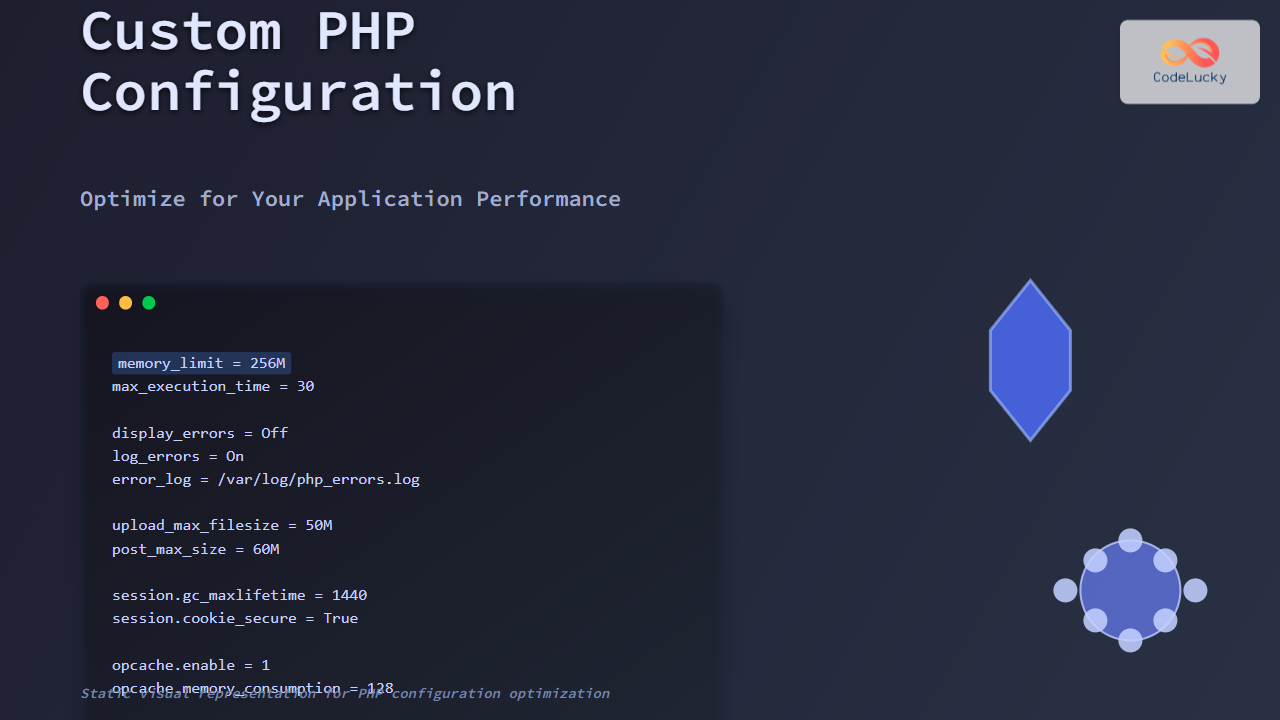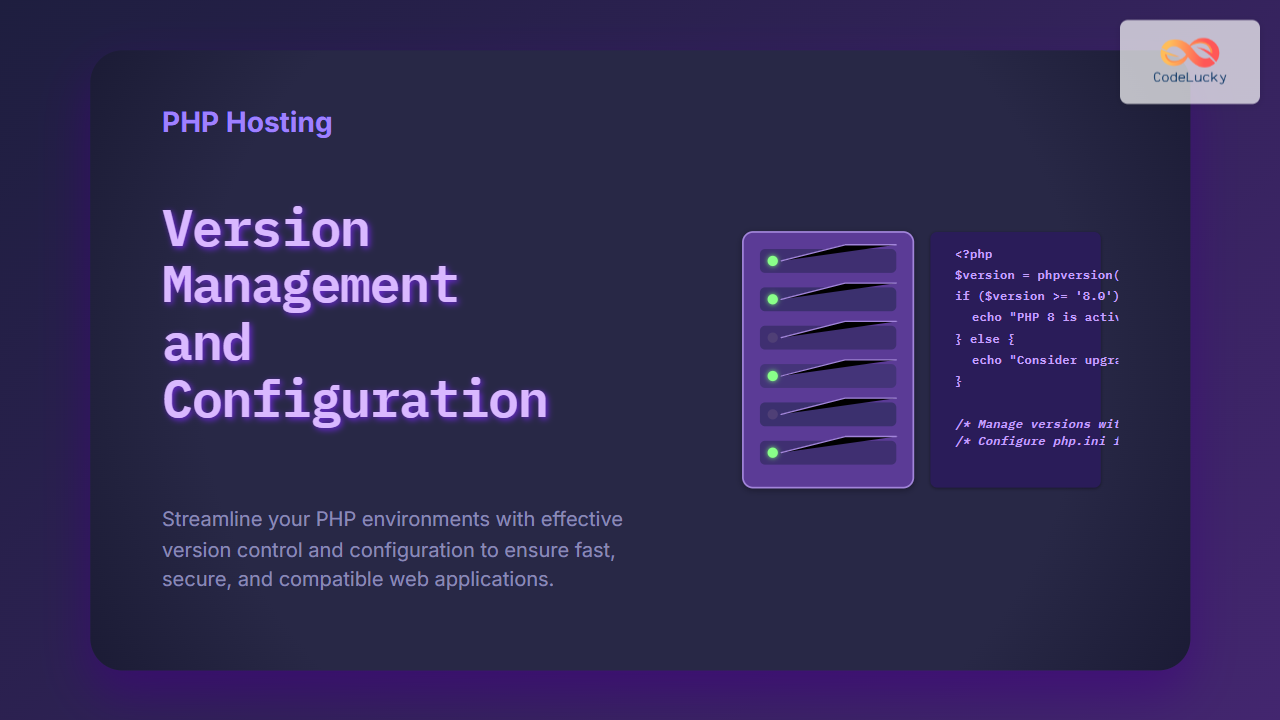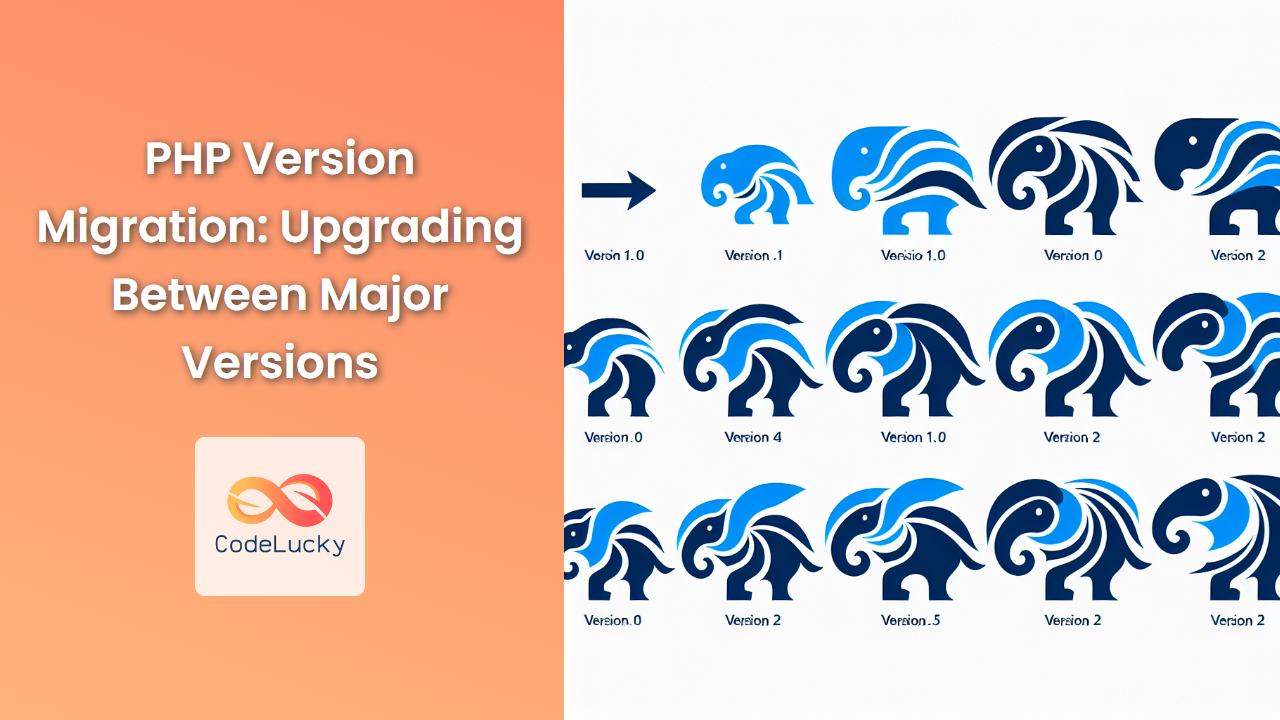In the world of PHP programming, functions are the building blocks that allow us to create modular, reusable code. One of the most powerful features of functions is their ability to accept arguments, enabling us to pass data into them for processing. This article will dive deep into the various ways we can pass arguments to PHP functions, exploring different techniques and best practices.
Understanding Function Arguments
Function arguments, also known as parameters, are variables that are defined in the function declaration. They act as placeholders for values that will be passed to the function when it's called. Let's start with a simple example:
function greet($name) {
echo "Hello, $name!";
}
greet("Alice"); // Output: Hello, Alice!
greet("Bob"); // Output: Hello, Bob!
In this example, $name is the argument of the greet() function. When we call the function with different values, it produces different outputs.
Types of Function Arguments
PHP supports several types of function arguments. Let's explore each type with practical examples.
1. Required Arguments
Required arguments are the most basic type. The function expects these arguments to be provided when called.
function calculateArea($length, $width) {
return $length * $width;
}
$area = calculateArea(5, 3);
echo "The area is: $area square units"; // Output: The area is: 15 square units
If we fail to provide all required arguments, PHP will throw an error:
calculateArea(5); // Error: Too few arguments to function calculateArea()
2. Optional Arguments (Default Parameter Values)
We can make arguments optional by providing default values:
function powerOf($base, $exponent = 2) {
return pow($base, $exponent);
}
echo powerOf(3); // Output: 9 (3^2)
echo powerOf(3, 3); // Output: 27 (3^3)
In this example, if we don't provide a second argument, the function uses 2 as the default exponent.
3. Variable-length Argument Lists
PHP allows functions to accept a variable number of arguments using the ... operator:
function sumAll(...$numbers) {
return array_sum($numbers);
}
echo sumAll(1, 2, 3); // Output: 6
echo sumAll(1, 2, 3, 4, 5); // Output: 15
This feature is particularly useful when you don't know in advance how many arguments will be passed to the function.
4. Named Arguments (PHP 8.0+)
Starting from PHP 8.0, we can use named arguments to pass values to a function, making the code more readable and flexible:
function createUser($name, $email, $age = null) {
return "User created: $name, $email" . ($age ? ", $age years old" : "");
}
echo createUser(name: "Alice", email: "[email protected]");
// Output: User created: Alice, [email protected]
echo createUser(age: 30, name: "Bob", email: "[email protected]");
// Output: User created: Bob, [email protected], 30 years old
Named arguments allow us to specify which parameter we're passing a value to, and we can provide them in any order.
Passing Arguments by Value vs. by Reference
By default, function arguments are passed by value in PHP. This means that a copy of the value is passed to the function, and any changes made to the argument inside the function don't affect the original variable.
function incrementByValue($number) {
$number++;
echo "Inside function: $number\n";
}
$x = 5;
incrementByValue($x);
echo "Outside function: $x\n";
// Output:
// Inside function: 6
// Outside function: 5
However, we can pass arguments by reference using the & symbol. This allows the function to modify the original variable:
function incrementByReference(&$number) {
$number++;
echo "Inside function: $number\n";
}
$x = 5;
incrementByReference($x);
echo "Outside function: $x\n";
// Output:
// Inside function: 6
// Outside function: 6
Type Declarations
PHP 7.0 introduced scalar type declarations, allowing us to specify the expected type of function arguments:
function divide(int $a, int $b): float {
return $a / $b;
}
echo divide(10, 3); // Output: 3.3333333333333
// echo divide("10", "3"); // TypeError: Argument 1 passed to divide() must be of the type int, string given
Type declarations help catch errors early and make our code more robust. PHP supports the following types: int, float, string, bool, array, callable, iterable, object, and class/interface names.
Nullable Types
Sometimes, we want to allow null as a valid value for a typed parameter. We can use the ? operator to make a type nullable:
function greetUser(?string $name): string {
return $name ? "Hello, $name!" : "Hello, guest!";
}
echo greetUser("Alice"); // Output: Hello, Alice!
echo greetUser(null); // Output: Hello, guest!
Union Types (PHP 8.0+)
PHP 8.0 introduced union types, allowing parameters to accept values of multiple types:
function processInput(string|int $input): string {
return "Processed: " . $input;
}
echo processInput("Hello"); // Output: Processed: Hello
echo processInput(42); // Output: Processed: 42
Best Practices for Function Arguments
-
Keep it Simple: Try to limit the number of arguments a function takes. If a function requires many arguments, consider using an object or array instead.
-
Use Type Declarations: They make your code more robust and self-documenting.
-
Provide Default Values: When appropriate, use default values to make your functions more flexible.
-
Use Named Arguments: For functions with many parameters, named arguments can make your code more readable.
-
Document Your Functions: Use PHPDoc comments to describe your function's parameters, return type, and purpose.
/**
* Calculate the area of a rectangle.
*
* @param float $length The length of the rectangle
* @param float $width The width of the rectangle
* @return float The area of the rectangle
*/
function calculateRectangleArea(float $length, float $width): float {
return $length * $width;
}
Practical Example: Building a Flexible Greeting Function
Let's put everything we've learned together in a more complex example:
/**
* Generate a personalized greeting.
*
* @param string $name The name of the person to greet
* @param string $language The language to use for the greeting (default: 'en')
* @param int|null $hour The hour of the day (0-23) to determine the appropriate greeting
* @return string The personalized greeting
*/
function generateGreeting(
string $name,
string $language = 'en',
?int $hour = null
): string {
$greetings = [
'en' => ['Good morning', 'Good afternoon', 'Good evening'],
'es' => ['Buenos días', 'Buenas tardes', 'Buenas noches'],
'fr' => ['Bonjour', 'Bon après-midi', 'Bonsoir']
];
if (!isset($greetings[$language])) {
throw new InvalidArgumentException("Unsupported language: $language");
}
if ($hour === null) {
$hour = (int) date('G');
}
$timeOfDay = match(true) {
$hour < 12 => 0,
$hour < 18 => 1,
default => 2
};
return "{$greetings[$language][$timeOfDay]}, $name!";
}
// Usage examples
echo generateGreeting('Alice'); // Output depends on the current time
echo generateGreeting('Bob', 'es', 14); // Output: Buenas tardes, Bob!
echo generateGreeting(name: 'Charlie', hour: 7, language: 'fr'); // Output: Bonjour, Charlie!
This example demonstrates:
- Required and optional parameters
- Default parameter values
- Nullable types
- Type declarations
- Named arguments
- Error handling
- Complex logic within a function
Conclusion
Understanding how to effectively use function arguments is crucial for writing clean, flexible, and maintainable PHP code. By mastering the various ways to pass data to functions, you can create more powerful and reusable code components. Remember to consider the specific needs of your project when deciding how to structure your function arguments, and always aim for clarity and simplicity in your function designs.
As you continue to develop your PHP skills, experiment with different argument passing techniques and find the approaches that work best for your coding style and project requirements. Happy coding! 🚀💻


















